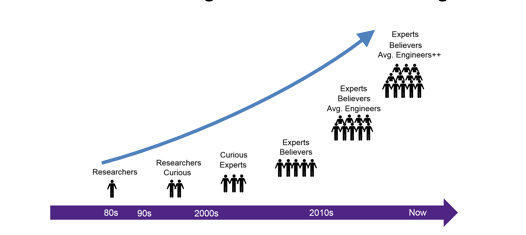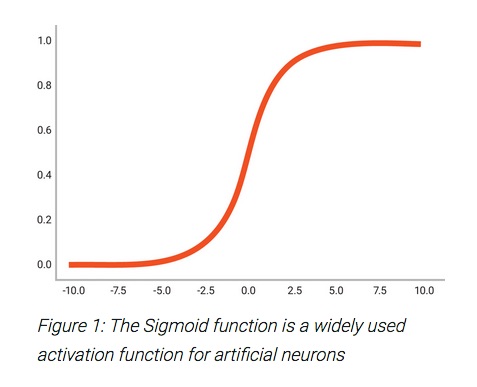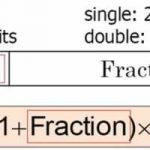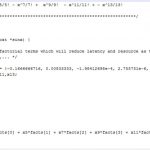The Synopsys Formal group have a reputation for putting on comprehensive tutorials/workshops at DVCon and this year again they did not disappoint. The theme for the Thursday workshop was tackling complexity in control and datapath designs using formal. Ravindra Aneja, who I know from Atrenta days, kicked off the session with… Read More
Tag: floating point
Mathematics are Hard – That is Why AI Needs Mathematics Hardware
The field of artificial intelligence has relied on heavy inspiration from the world of natural intelligence, such as the human mind, to build working systems that can learn and act on new information based on that learning. In natural networks, neurons do the work, deciding when to fire based on huge numbers of inputs. The relationship… Read More
Cadence DSPs float for efficiency in complex apps
Floating-point computation has been a staple of mainframe, minicomputer, supercomputer, workstation, and PC platforms for decades. Almost all modern microprocessor IP supports the IEEE 754 floating-point standard. Embedded design, for reasons of power and area and thereby cost, often eschews floating-point hardware… Read More
Xilinx’s Vivado HLS Will Float Your FPGA
Very rarely does the FPGA designer, especially with respect to RADAR, think of the FPGA as a floating point processor. Just to be sure I asked my 6 year old and she agreed. But you know what, the Xilinx FPGAs float. Go try it, order some up and fill up the tub.
Anyways I purpose a duel to the avid VHDL coder. I want you to design me a Sine(x) … Read More





